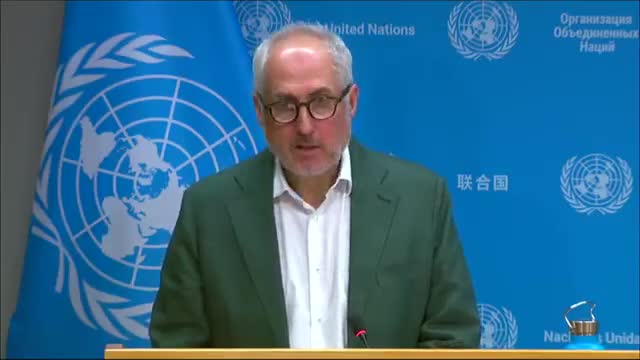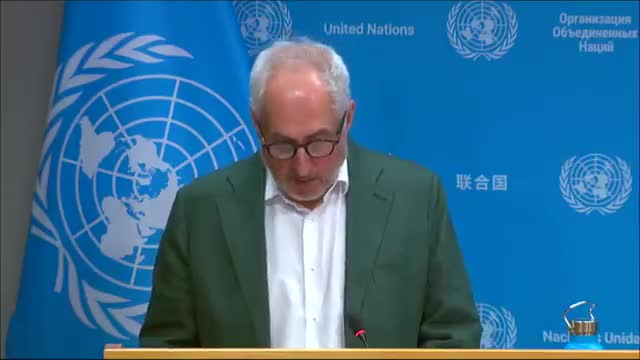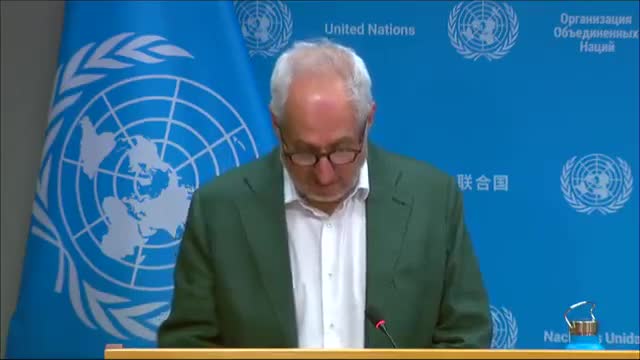Article not found
This article is no longer available. But don't worry—we've gathered other articles that discuss the same topic.

U.N. says Gaza evacuations, fuel and access limits are worsening a humanitarian crisis; urges safe aid delivery amid concerns about some providers

U.N. agencies warn millions displaced from Sudan face worsening hunger and malnutrition without urgent funding

